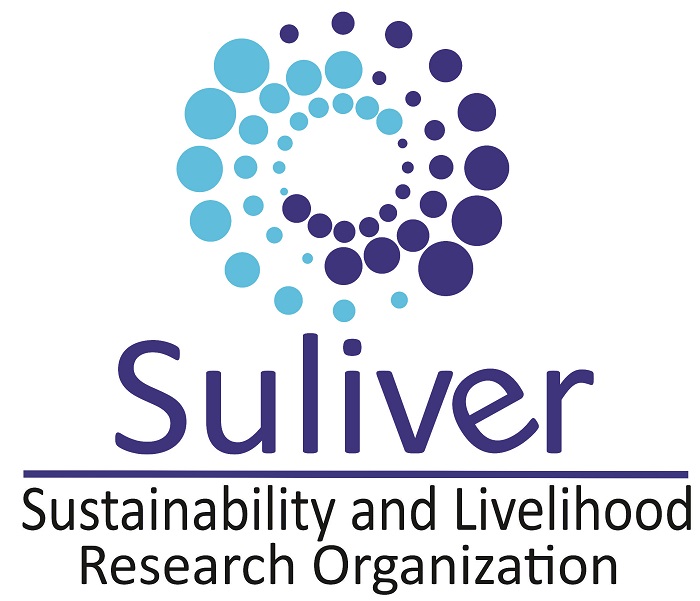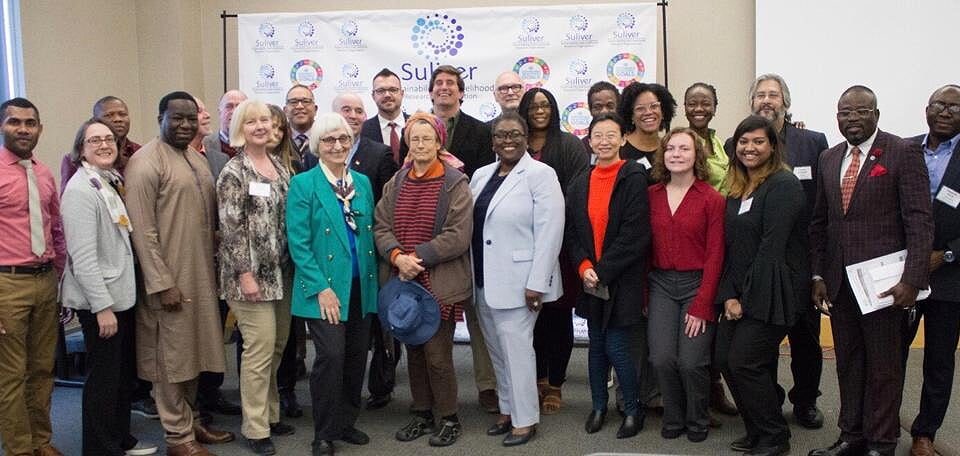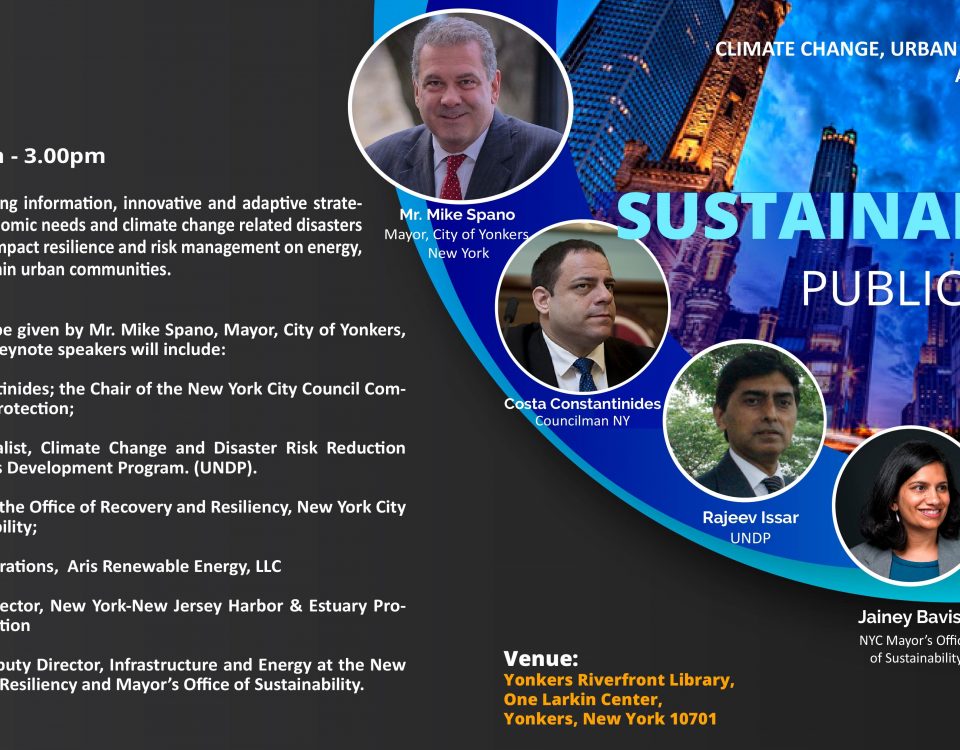
Harnessing inclusive growth
February 6, 2017
Plastic, Plastic Everywhere!
March 6, 2017
.
Strenghten Environmental Conservation through Education

A strong education system broadens access to opportunities, improves health, and bolsters the resilience of communities and increases economic growth. Education provides people with the skills that they need to thrive in securing a sustainable economy, working in areas such as renewable energy, smart agriculture, forest rehabilitation, the design of resource efficient cities, and sound management of healthy ecosystems.Significantly, education brings about a fundamental shift in perception, actions, and discharge of our responsibilities towards each other and the planet. Although, financial incentives, targeted policies, and technological innovation are needed to create new ways of producing and consuming, they cannot reshape the value system of people to willingly uphold and advance the principles of sustainable development. Schools however can groom and nurture a new generation of environmental savvy citizens, who will support and work towards the transition to a prosperous and sustainable future.
Educating the masses on key environmental challenges like climate change, clean water and pollution will help them take the lead in changing behaviors, perceptions and adopting a more sustainable lifestyle. As schools do not function as an island, their contact with the outside world has exposed students to diverse peoples and cultures, creating an opportunity for them to appreciate the wonders of the world and the need to use resources efficiently and responsibly in order to protect them.
Education does not only talk about the environment in sustaining development, it also helps students develop life skills such as leadership, communication and management, all which are important for their own personal development. These skills help people care and respect the world’s resources as well as shape their lifestyles towards ensuring a sustainable livelihood. For example, some students from a school in the UAE encouraged their head teacher to install water dispensers in the corridors and their fellow students to bring reusable bottle to school to save both money and plastic. Their reason for doing this was because of their belief in the need to reduce water usage and waste in their school.
Full access to quality education at all society levels is important for the achievement of a sustainable development, poverty eradication, gender equality and women’s empowerment as well as human development, for the attainment of the internationally agreed development goals for the future. There is a need for continued support from authorities, appropriate policies and laws, the responsible actions of individuals and communities as well as a deep compassion for our planet as they will work together to help resolve the global environmental crises that we face today.
The home and community is a great platform for children to exercise and experience firsthand what they have learnt in the classroom. The knowledge gained by our children during this process should also be practiced by other family members. Wise use of water and energy at home and at work must be emphasized and become a natural behavior to each and every one of us. Families should put much effort to ensure that they reduce their waste, recycle regularly and make use of public transport in order to demonstrate to children the importance of living more sustainably.




